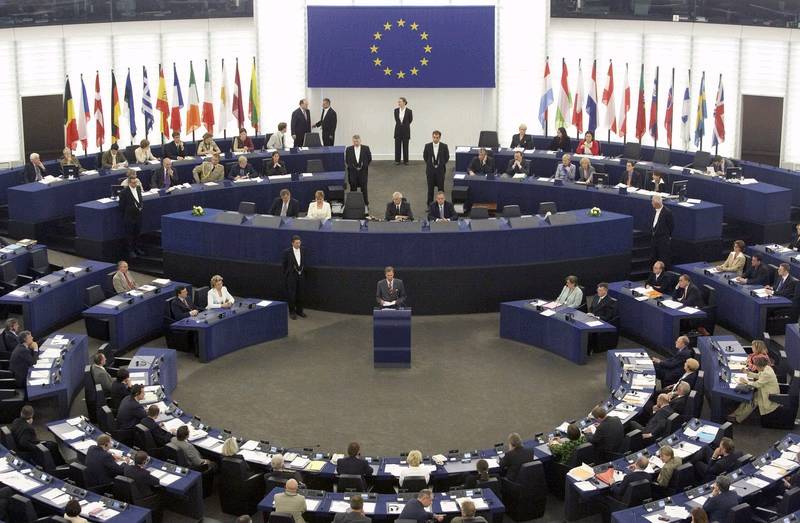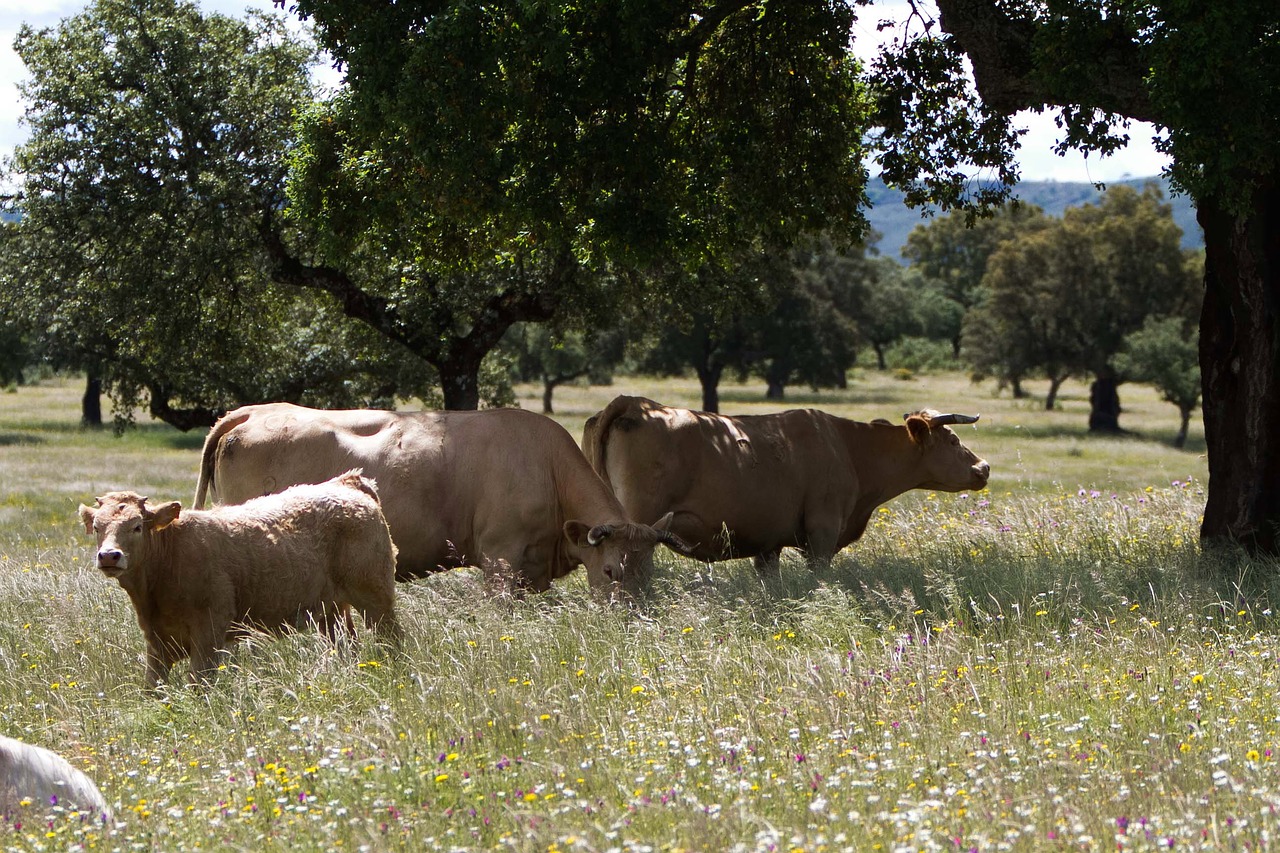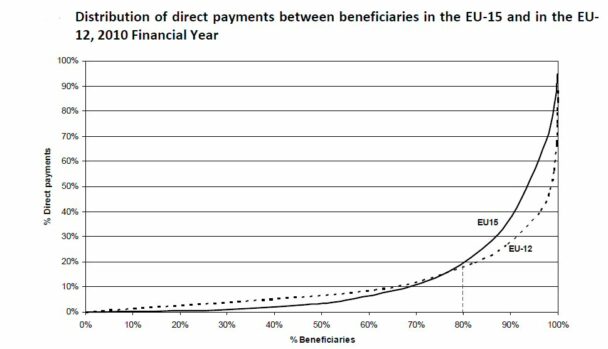The website VoteWatch Europe monitors the voting of MEPs on each resolution and piece of legislation. It published the following commentary on the CAP reform voting earlier this month (thanks to Xavier Pavard @xpavard on Twitter for drawing attention to this source) which I reproduce here.
(Note: Right click on the images below and select Show picture to get clearer view of the graphics)
… Read the restCentre-right wins battle over CAP reform; net contributor country MEPs outvoted
MEPs voted on a package of four legislative proposals that make up the reform of the Common Agricultural Policy (CAP). The subject was hotly debated, as CAP currently accounts for close to 40% of the EU budget.




